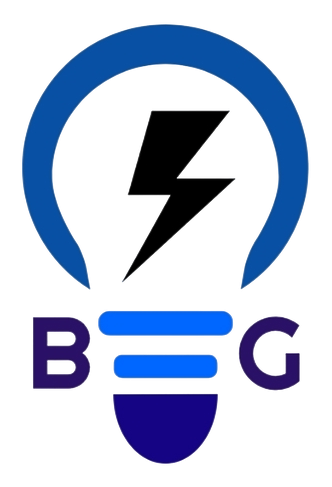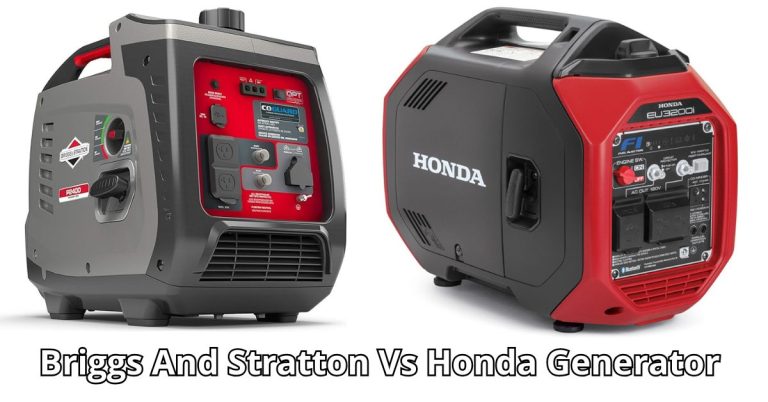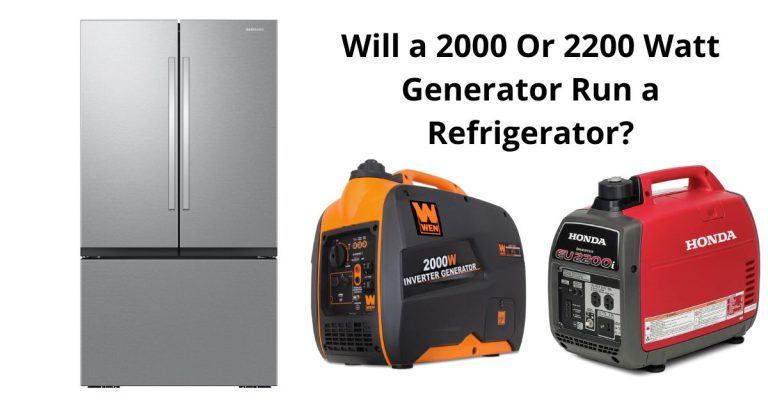Genset Vs Generator: Which Power Source is Right for You?
Gensets and generators are often used interchangeably. But are they really the same?
Understanding the difference between gensets and generators can help you make better decisions for your power needs. Both serve similar purposes, yet they have distinct features that set them apart. In this blog, we will delve into the specifics of gensets versus generators.
This comparison will provide clarity and help you determine which is best for your needs. Whether you are looking for backup power for your home or a reliable source for your business, knowing the details can make all the difference. Let’s explore the key differences together.
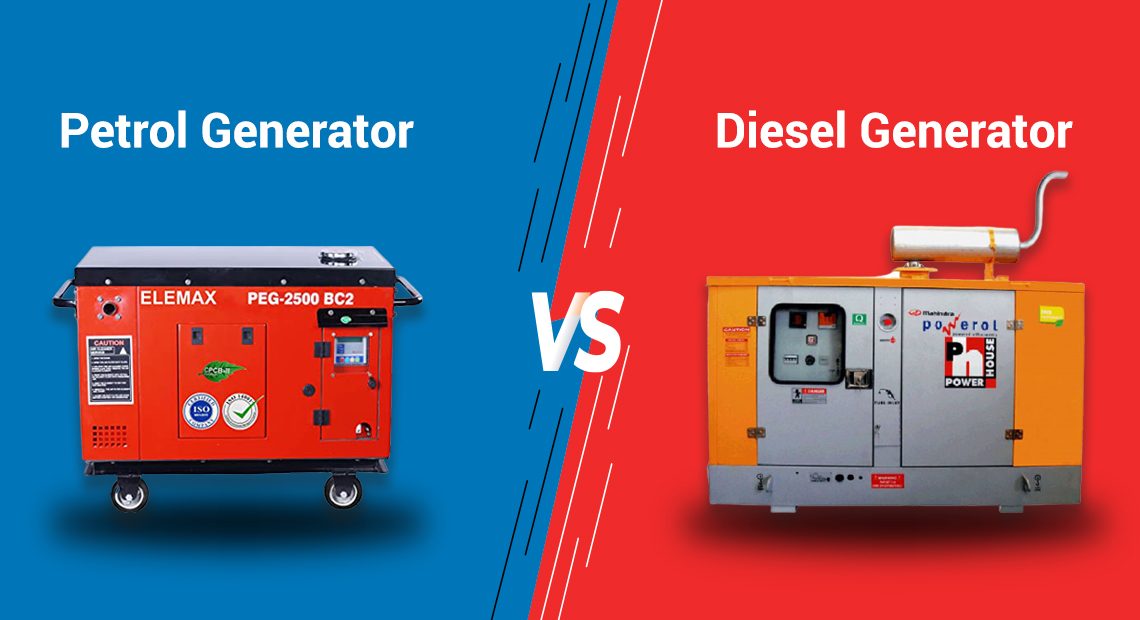
Credit: shaktiman.co
Introduction To Power Sources
In our modern world, reliable power sources are crucial. We depend on electricity for almost everything. From running homes to powering businesses, steady power is essential. Without it, productivity drops and daily life halts. This is where gensets and generators come into play.
Importance Of Reliable Power
Reliable power ensures that operations run smoothly. Uninterrupted power keeps machines working and lights on. For businesses, it means avoiding costly downtimes. In homes, it means comfort and convenience. Reliable power is not just a luxury; it is a necessity.
Genset And Generator Defined
A genset is short for a generator set. It includes an engine and an alternator. The engine runs on fuel, converting mechanical energy into electrical energy. A generator, on the other hand, can be a broader term. It often refers to any device that converts mechanical energy into electrical energy.
Both gensets and generators serve similar purposes. They provide backup power in case of a grid failure. Choosing between them depends on specific needs and preferences. Understanding their differences can help you make an informed decision.
Key Differences
Understanding the differences between a genset and a generator is essential for choosing the right power solution. While these terms are often used interchangeably, they have distinct meanings and functionalities. In this section, we will explore the key differences between a genset and a generator under various aspects.
Functionality
A generator converts mechanical energy into electrical energy. It is the core component that generates electricity. Generators are used in various settings, from homes to industrial plants. They provide power during outages or in off-grid locations.
A genset is short for a generator set. It includes the generator itself and an engine. The engine powers the generator. Gensets are used as complete power units. They provide ready-to-use electricity in emergencies or remote areas.
Components
| Component | Generator | Genset |
|---|---|---|
| Engine | Not included | Included |
| Generator | Included | Included |
| Fuel System | Not included | Included |
| Control Panel | Not typically included | Included |
Generators typically consist of a rotor and stator. They do not include an engine or fuel system. They require an external power source to function.
Gensets include an engine, fuel system, and control panel. This makes them a self-contained power solution. Gensets are ideal for providing immediate power.
Performance Comparison
When comparing gensets and generators, performance is a crucial factor. It determines how well each device meets your energy needs. In this section, we will look at the efficiency and power output of both gensets and generators.
Efficiency
Efficiency measures how well a device converts fuel into usable energy. Gensets are often more fuel-efficient than traditional generators. They use advanced technology to optimize fuel consumption. This means you get more power for each unit of fuel used.
Generators, on the other hand, may not be as efficient. They often consume more fuel to produce the same amount of power. This can lead to higher operational costs. For long-term use, efficiency is a key factor to consider.
Power Output
Power output is another important aspect of performance. Gensets typically offer a wide range of power outputs. This makes them suitable for various applications, from small homes to large industries.
Generators also provide different power outputs. But they may not offer the same flexibility as gensets. Some generators are designed for specific uses. This can limit their versatility in different situations.
In summary, both gensets and generators have their strengths. Understanding their efficiency and power output can help you make an informed decision.
Cost Analysis
Understanding the cost difference between a genset and a generator is crucial. It’s not just the purchase price. You should consider long-term costs. These include maintenance and fuel consumption.
Initial Investment
The initial investment for a genset can be higher than a generator. This is because gensets often come with more advanced features. They are built for heavy-duty use. A simple generator may cost less but might not meet all your needs.
| Item | Cost Range |
|---|---|
| Genset | $5,000 – $10,000 |
| Generator | $500 – $5,000 |
Maintenance Costs
Maintenance costs vary for gensets and generators. Gensets usually need more frequent checks. This is due to their complex systems. Generators, being simpler, often have lower maintenance costs. However, the frequency of use can affect these costs.
- Genset: Regular checks, part replacements
- Generator: Basic maintenance, less frequent
Consider the cost of parts too. Genset parts can be more expensive. Generators have cheaper, easily available parts. But, they might need replacements more often.
Fuel Types
Choosing the right fuel type for your genset or generator is crucial. It impacts efficiency, cost, and environmental footprint. Let’s explore the two most common fuel types: diesel and natural gas.
Diesel
Diesel generators are popular due to their fuel efficiency and reliability. They are widely used in industries needing heavy-duty power. Diesel fuel has a high energy density. This means more power is produced per unit of fuel. Diesel generators also have a longer lifespan. They require less maintenance compared to other types.
Here are some key benefits of diesel generators:
- High fuel efficiency
- Long-lasting engines
- Less frequent maintenance
- High power output
Diesel is a great choice for heavy, long-term use. It works well in remote locations where refueling can be difficult.
Natural Gas
Natural gas generators are gaining popularity due to their environmental benefits. They produce fewer emissions compared to diesel. This makes them a cleaner option. Natural gas is also cheaper and more abundant in some regions. These generators are quieter and have a lower operating cost.
Here are some advantages of natural gas generators:
- Environmentally friendly
- Lower fuel costs
- Quieter operation
- Steady fuel supply
Natural gas generators are ideal for urban areas. They are suitable for places with a consistent gas supply. They are also preferred in settings needing quieter operations.
Both diesel and natural gas generators have their benefits. Your choice depends on your specific needs and local conditions.
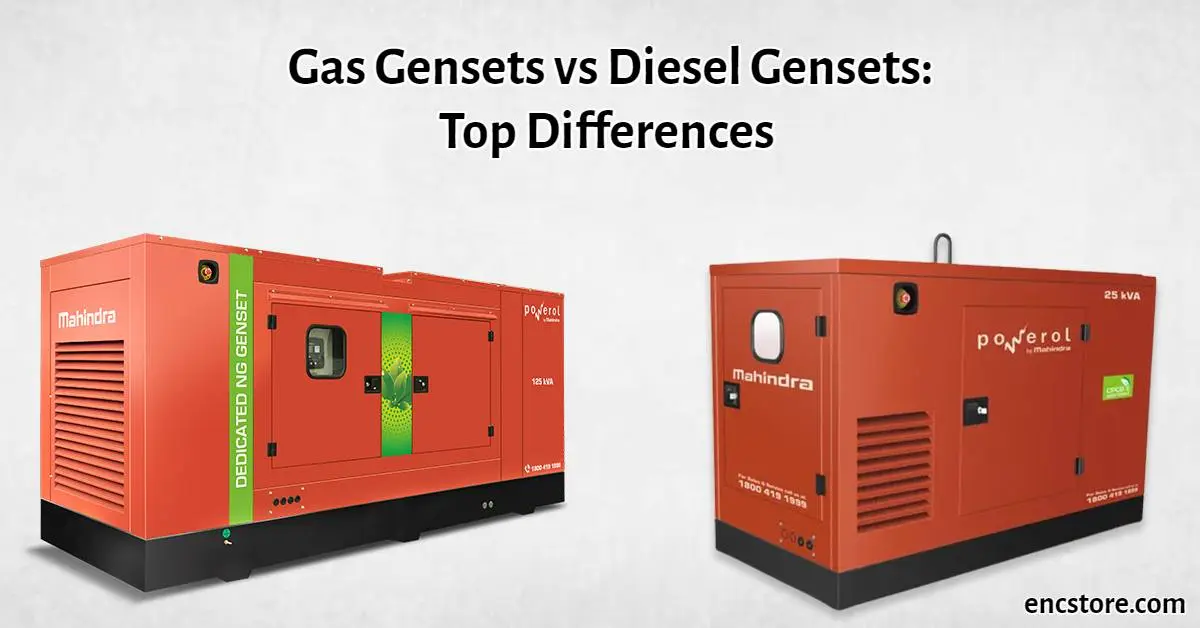
Credit: www.encstore.com
Environmental Impact
When choosing between a genset and a generator, it’s important to consider their environmental impact. This includes emissions and noise levels, which can affect both the environment and human health. Let’s delve into these aspects to understand the differences better.
Emissions
Emissions from gensets and generators vary based on fuel type and technology. Diesel gensets typically produce more carbon dioxide (CO2) and nitrogen oxides (NOx). These emissions contribute to air pollution and climate change. On the other hand, modern generators using natural gas or propane emit fewer pollutants.
Here’s a comparison table for emissions:
| Type | CO2 Emissions | NOx Emissions |
|---|---|---|
| Diesel Genset | High | High |
| Natural Gas Generator | Low | Low |
| Propane Generator | Low | Moderate |
Noise Levels
Noise levels are another critical factor. Generators often produce less noise compared to gensets. Gensets powered by diesel engines are usually louder, causing noise pollution. This can affect residential areas and workplaces.
For a quieter operation, consider generators with soundproof enclosures. This will help in reducing the noise levels significantly.
Here’s a quick comparison:
- Diesel Genset: 75-90 dB
- Natural Gas Generator: 60-75 dB
- Propane Generator: 60-75 dB
Lower noise levels are better for urban settings and sensitive environments. Always check the decibel (dB) rating before making a decision.
Use Cases
Generators and gensets serve different purposes depending on the situation. Understanding the use cases helps in choosing the right equipment for your needs. Let’s explore how gensets and generators are used in residential and commercial settings.
Residential
In residential areas, gensets provide backup power during outages. They ensure that essential appliances, like refrigerators and lights, continue running. This is crucial for households with medical equipment. Gensets also keep your home comfortable by powering HVAC systems. Portable generators are another option for homeowners. They are easy to move and can power smaller devices during short outages. People often use them for outdoor activities like camping. Both gensets and generators offer peace of mind in emergencies.
Commercial
In commercial settings, gensets are vital for maintaining operations. Businesses rely on them to prevent downtime. They provide power to critical systems like servers and security systems. This is important for industries like healthcare and finance. Gensets ensure that data centers continue operating during power cuts. Larger businesses often use stationary generators. These can power entire buildings for extended periods. They are essential for manufacturing plants that can’t afford interruptions. Portable generators are useful for construction sites. They provide power to tools and equipment in remote locations.
Choosing The Right Option
Choosing between a genset and a generator can be challenging. Each option has its own strengths. It’s essential to understand your needs before making a decision. Let’s explore how to choose the right option.
Assessing Your Needs
First, consider the power requirements. How much energy do you need? Gensets are often used for large-scale operations. Generators, on the other hand, can serve smaller needs. Think about the duration of power usage. Gensets can run for long periods. Generators are better for short-term use.
Also, evaluate the space available. Gensets are larger and need more room. Generators are compact and easier to install. Budget is another crucial factor. Gensets are more expensive but offer more power. Generators are more affordable but might not meet high energy demands.
Consulting Experts
Sometimes, expert advice is invaluable. Professionals can assess your specific needs. They can suggest the best option based on your situation. Experts can also provide insights into maintenance requirements. Gensets might need more frequent servicing. Generators are usually easier to maintain.
Consulting with an expert can save you time and money. It ensures you get a solution that fits your needs perfectly. Trusting their knowledge can lead to better decision-making. It’s a step worth taking.
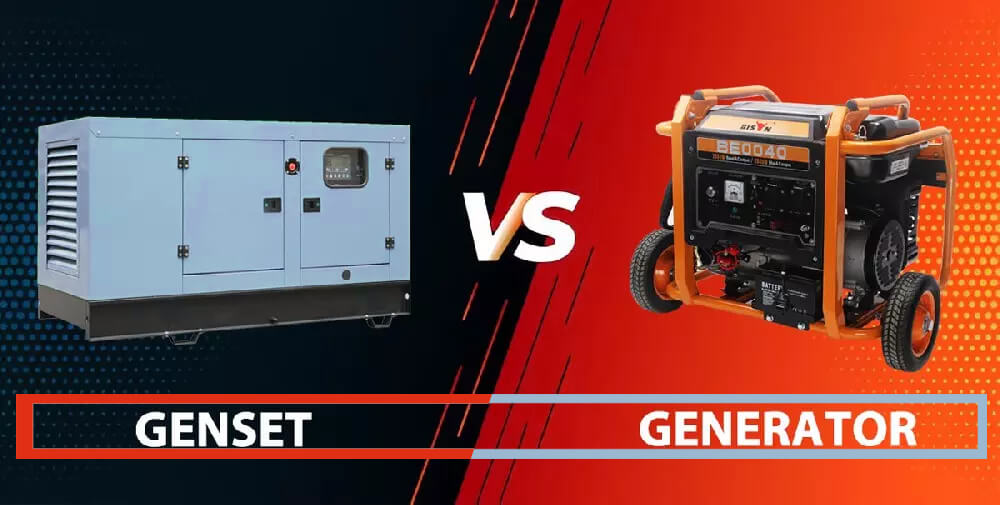
Credit: www.bison-machinery.com
Frequently Asked Questions
What Is A Genset?
A genset, or generator set, is a portable power source. It typically combines an engine and an alternator. It’s used for generating electricity.
How Does A Generator Work?
A generator converts mechanical energy into electrical energy. It uses an engine and an alternator. The engine drives the alternator to produce electricity.
What Are The Types Of Generators?
There are several types of generators. Common types include portable, standby, and inverter generators. Each serves different purposes.
Which Is More Efficient, Genset Or Generator?
Efficiency depends on the specific model and usage. Generally, gensets are more versatile. Generators might be more efficient for continuous power supply.
Conclusion
Choosing between a genset and a generator depends on your needs. Gensets are often more versatile, providing various functionalities. Generators, on the other hand, are simpler and usually more affordable. Both have their own strengths and weaknesses. Evaluate power requirements and budget.
Consider the ease of maintenance and fuel type. Both options can provide reliable power solutions. Make an informed decision based on your specific situation. Understanding these differences helps in selecting the best option. Happy choosing!
